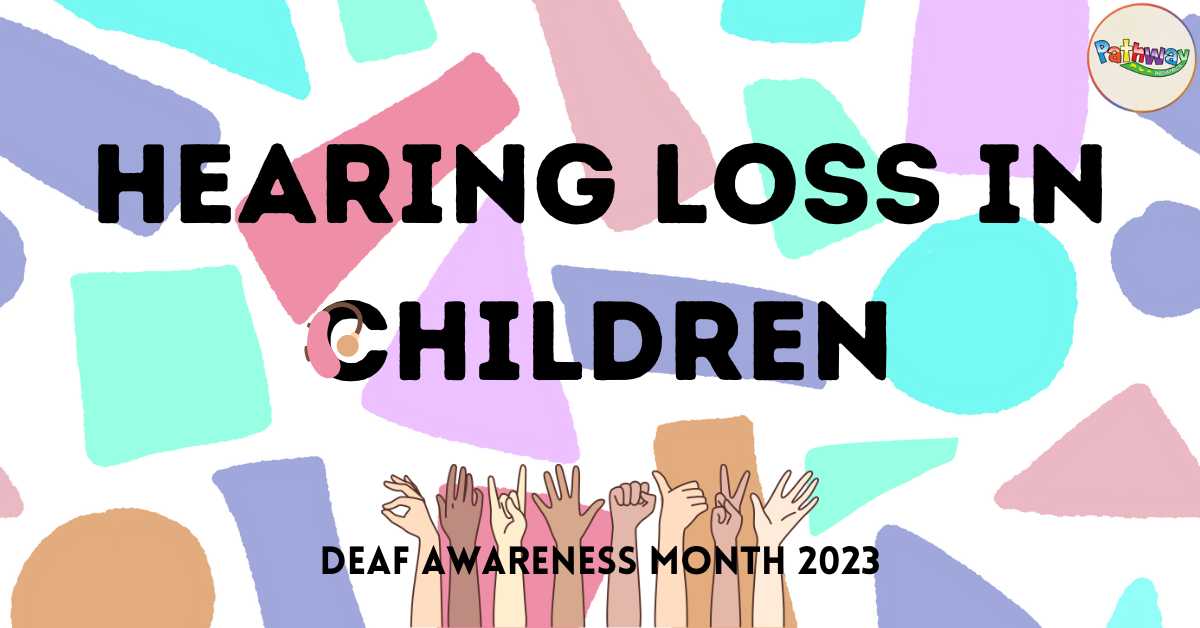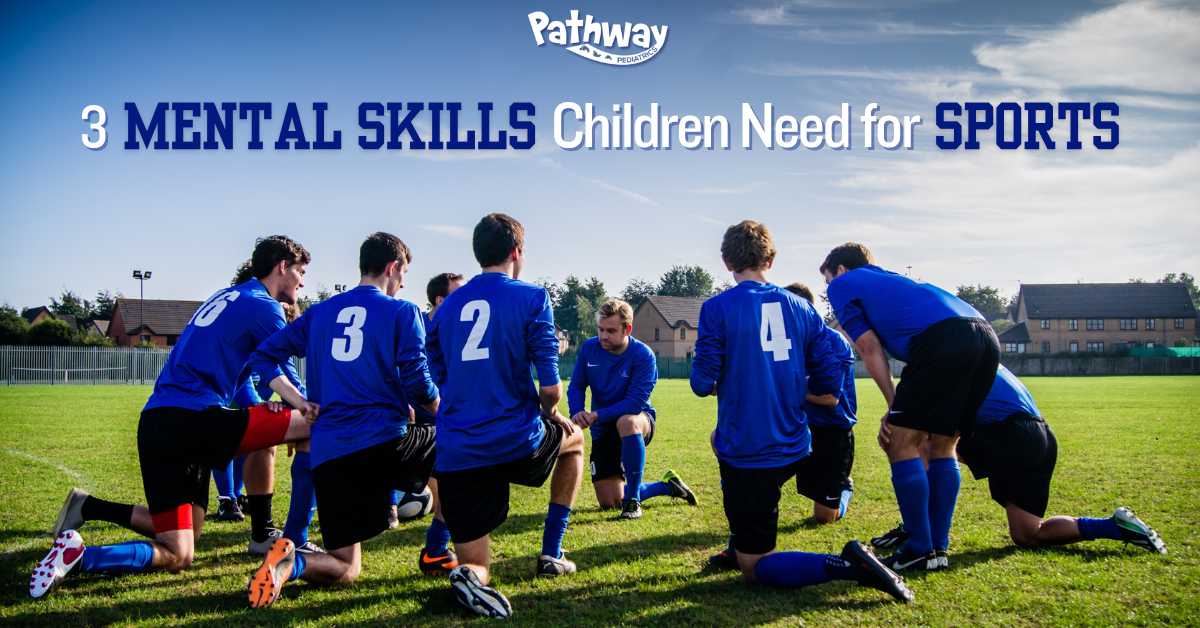
RSV, Flu & COVID: What is the Difference?
Your child has a stuffy nose, cough, and fever. Is it the flu? COVID? Or are they symptoms of respiratory syncytial virus (RSV)? Let’s look at four common childhood illnesses caused by viruses – COVID, flu, the common cold, and respiratory syncytial virus (RSV). All of them share some similar symptoms. Here are some clues […]
September 27, 2023
read more
Hearing Loss in Children
September is Deaf Awareness Month. The deaf community comes together every September to promote awareness of needs amongst the community and to celebrate the rich history surrounding the deaf community. They also use this time to highlight continued advocacy for deaf rights under the Americans with Disabilities Act (ADA). In recognition of Deaf Awareness Month, […]
September 20, 2023
read more
Tummy Time Activities
Supervised tummy time is important for a baby’s physical development. Tummy time also allows your baby to visually explore the environment in a new way. When positioned on their back, they can see only the ceiling and whatever is directly around them. But on their stomach, they use their muscles to lift their head and see the […]
September 13, 2023
read more
3 Mental Skills Children Need for Sports
Participation in sports has clear benefits for children’s health and development. Sports can help improve concentration, reduce anxiety and boost self-confidence. However, organized sports can also lead to stress and challenges that can be harmful if a child is not prepared for it. If your child is going to participate in sports, you can help […]
September 6, 2023
read more
Cow’s Milk Alternatives
Milk is a grocery list staple for many families. But some avoid it because of milk protein allergies or other health concerns. Some kids simply don’t like the taste. These families may choose from a growing array of cow’s milk alternatives that now fill the dairy aisle. The nutritional content in the various dairy alternative products is important […]
August 30, 2023
read more
Meningococcal Disease in Preteens, Teens & Young Adults
Meningococcal disease is a rare, serious illness caused by a bacteria called Neisseria meningitidis. The bacteria is spread from person to person through their saliva (spit) – typically through close contact such as coughing or kissing. The infection can become serious or even deadly in a matter of hours. That’s why it is important to […]
August 23, 2023
read more